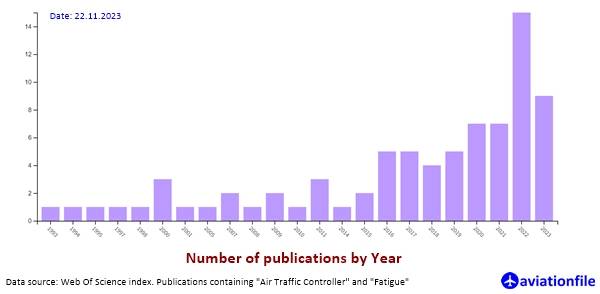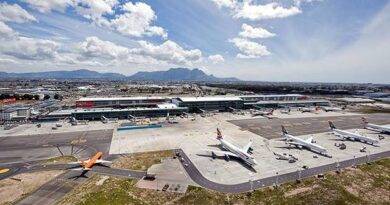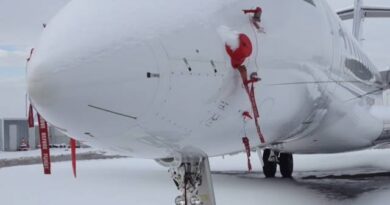Loss of Situational Awareness for Air Traffic Controllers: A Safety Threat
Air Traffic Controllers (ATCs) rely heavily on maintaining situational awareness, a mental picture of the airspace they manage. This includes the position, speed, and altitude of all aircraft. Loss of situational awareness can have serious consequences, including near misses and even accidents.
Causes of Loss of Situational Awareness for ATCs:
- High workload: When controllers are overloaded with tasks, their ability to process information and update their mental model of the airspace can become overwhelmed. Workload and Fatigue for ATC.
- Distractions: Anything that takes the controller’s attention away from their primary task, such as conversations with colleagues or personal worries, can contribute to a loss of SA.
- Fatigue: Long hours and shift work can lead to fatigue, which can impair cognitive function and make it difficult to maintain SA.
- Technology failures: If the systems that ATCs rely on to track aircraft fail, it can be challenging to maintain SA.
- Poor communication: Lack of clear and concise communication between controllers and pilots can lead to misunderstandings and errors.

Consequences of Loss of Situational Awareness:
- Near misses: When controllers lose track of aircraft, they may issue conflicting instructions or fail to see potential conflicts, which can lead to near misses.
- Accidents: In extreme cases, loss of SA can lead to accidents, such as runway incursions or mid-air collisions.
- Reduced efficiency: Controllers who are not fully aware of the situation may make inefficient decisions, leading to delays and congestion.
Strategies to Prevent Loss of Situational Awareness:
- Workload management: ATCs should be trained in effective workload management techniques to help them prioritize tasks and avoid becoming overwhelmed.
- Crew resource management: Teamwork and communication are essential for maintaining SA. ATCs should be trained to utilize crew resources effectively and communicate clearly and concisely.
- Fatigue management: ATCs should be encouraged to practice good sleep hygiene and take breaks when needed.
- Technology improvements: Investing in reliable technology and systems can help to reduce the risk of failures that can contribute to loss of SA.
- Training and education: ATCs should receive regular training in SA principles and techniques for maintaining it.
By understanding the causes and consequences of loss of situational awareness and implementing effective prevention strategies, we can help to improve the safety and efficiency of air traffic control.
References and Further Reading:
- SKYbrary Aviation Safety: https://skybrary.aero/bookshelf/situation-awareness-automation-free-flight
- ResearchGate: https://www.researchgate.net/publication/254939350_Air_Traffic_Controllers’_Situation_Awareness_and_Workload_under_Dynamic_Air_Traffic_Situations
- FAA Human Factors: https://hf.tc.faa.gov/publications/2000-situation-awareness-in-air-traffic-control/full_text.pdf
To understand the consequences of loss of SA, please refer to the following resources:
- SKYbrary Aviation Safety: https://skybrary.aero/bookshelf/situation-awareness-automation-free-flight
- CAAM: https://www.caam.gov.my/wp-content/uploads/2023/01/SI-02_2023-Air-Traffic-Controller-situational-awareness-1.pdf
For information on strategies to prevent loss of SA, please refer to the following resources:


